Frederica Freyberg:
From Washington to the state capitol in Madison and a closer look at environmental news. Wisconsin’s effective 20-year moratorium on sulfide mining could be lifted by the legislature, which is on the road to passing a bill to do just that. The Assembly passed the measure this week and the Senate is expected to take it up next week. So would opening up and easing regulations on gold, silver and nickel mining result in an economic rush in the state? We asked the bill’s chief sponsor, Republican State Senator Tom Tiffany, who joins us now from Rhinelander. Senator, thanks for being here.
Tom Tiffany:
It's good to be here, Frederica. By the way, I want to give a shout out to my mom. She’s a regular listener of yours. Hi mom.
Frederica Freyberg:
Hi Mom Tiffany. Well, first question to you. What kind of companies want to invest in sulfide mining in Wisconsin?
Tom Tiffany:
So I think the initial interest would be exploratory companies. They’ve been very skeptical as we went through this process because Wisconsin has been closed for business for mining for the last 20 years. But I think if we’re able to pass this bill on Tuesday, take up the bill the Assembly just passed last night as you referred to, I think companies will look at coming to Wisconsin initially to do exploratory work.
Frederica Freyberg:
Could we see a gold rush, in your mind, in Wisconsin if this passes and is signed into law?
Tom Tiffany:
No. I think the law is so rigorous here in Wisconsin, I don’t think you’ll see a gold rush. But you’re going to see companies that are interested. Initially the exploratory companies. And if they’re able to find deposits — and I believe they will — that are economically viable, then you’re going to see the mining companies follow them. But we’re looking at at least a couple years down the road before we could see an active mine operate here in Wisconsin.
Frederica Freyberg:
Now, I don’t have to tell you that there have been concerns about the easing of environmental regulations that are part of this bill. Why ease those regulations?
Tom Tiffany:
Actually, I don’t view it as an easing. In fact, if people read the analysis by the Legislative Reference Bureau, they say this does not diminish our environmental standards at all. There are no changes in numeric environmental standards. We want to maintain — in fact, that was one of my goals along with Representative Hutton, my coauthor, is to maintain those high environmental standards here in Wisconsin but to get rid of the mining moratorium and also make sure that the financial assurance makes sense for the long term here in Wisconsin.
Frederica Freyberg:
One part of this bill says a mining company would have to show it is “capable” of running a mine that complies with environmental laws and doesn’t cause pollution. Now capable is different than proving it, as under current law. These are pretty far apart. But this effective moratorium is something that you want to get rid of it because is it virtually impossible to have that proof?
Tom Tiffany:
Yeah. That’s correct. And some people have really honed in on that term “capable.” but if they read the statute further as it’s written, it goes beyond capable. It says that the regulatory agency, in this case the DNR, they have to make sure that it will happen, not that it’s just capable. It has to be capable and it will happen in terms of the regulations that need to be in place to make sure that we have — that a mining company complies with our high environmental standards.
Frederica Freyberg:
Still, environmentalists describe sulfide mining as the “most toxic industry in the united states with a global track record of water pollution.” How do you respond to that?
Tom Tiffany:
Oh, mining is a very intrusive activity. There is no doubt about it. That’s why we have the most rigorous standards for any industry here in Wisconsin, including if this bill passes, we will have the toughest standards and the highest levels of financial assurance will be required to protect the public for the long term with this bill. We understand that mining is — that it needs to be highly regulated. This bill continues to do that.
Frederica Freyberg:
In your bill, groundwater standards are changed, providing that contamination enforcement doesn’t apply below a certain depth? Why not?
Tom Tiffany:
Well, when you get down to certain depths, like below 1,000 feet, that water’s not potable. So why insist that certain standards need to be met where that water isn’t even drinkable to begin with? It’s important just to make sure it doesn’t get into the groundwater that’s further up. We make sure that there’s high standards for what we refer to as the design management zone. Outside of there, in other words, outside of the mine site, any company that wants to operate here in Wisconsin, they got to meet our standards, they cannot pollute our groundwater.
Frederica Freyberg:
Describe for me what kinds of jobs you would expect this bill to bring into Wisconsin.
Tom Tiffany:
Look at examples in our neighboring states. Governor Dayton over in Minnesota — by the way, a Democrat — he just said we should open up the PolyMet mine up in northern Minnesota. That would be their first nonferrous mine, 1,000 direct and indirect jobs, $5 million impact annually. Over in Michigan, they just opened the Eagle mine a couple years ago. They have 450 people working there with good, tough, rigorous standards. But it can put a lot of people to work and bring prosperity to northern Wisconsin, where we’ve seen declining enrollment in our schools. We have a robust tourism industry. We have a good forest products industry. We would like to add that to the mix to have greater economic growth, especially here in northern Wisconsin.
Frederica Freyberg:
All right. Senator Tom Tiffany, we leave it there. Thanks very much.
Tom Tiffany:
It's good to be here, Frederica.
Frederica Freyberg:
Senate Democrat on the Sporting Heritage, Mining and Forestry Committee joins us now with his take on the bill. Senator Jon Erpenbach of Middleton joins us by phone. Senator, thanks for doing so.
Jon Erpenbach:
My pleasure.
Frederica Freyberg:
So you will vote no on this bill. Why?
Jon Erpenbach:
Well, I can’t imagine a scenario at all, Fred, where I'd vote yes on the legislation. We are taking something that will definitely protect our environment in northern Wisconsin where they want to do the mine, with the Prove it first law, essentially get rid of it. So we are moving from where the mining company has to prove or point to another example where there’s a safe sulfide mine in operation or has been closed down and isn’t leaking and all of that stuff, to essentially taking the word of the mining company that it will be okay. It really puts our environment at great risk.
Frederica Freyberg:
This proof that a mine won’t pollute surface water in ten years of operation or leave contaminants ten years after closing, that requirement of current law as you just expressed is essentially this 20-year moratorium. But is it even possible to come by such proof anywhere in the U.S. or Canada?
Jon Erpenbach:
Well, we should have to do that, don’t you think? At least we think so, those of us who are opposed to the legislation. If you want to dig into our soil and you want to remove toxic materials, and if you want to process it on the site, you should have to prove to us that there is a technology available now that will do it in a safe manner. If you can’t prove that, you shouldn’t be doing that. You know, our environment generates a tremendous amount of money for the state of Wisconsin as far as hunting, fishing, tourism and all of that. What we’re doing right now for the sake of a handful of jobs is the idea of just saying to the mining company, “Okay, if you think this will work, go ahead and do it.” Our environment, you know, isn’t this generation’s. We don’t own it. We pass it on to generations to come. And if they can’t prove that there is a very safe way to do it, they shouldn’t be doing it at all.
Frederica Freyberg:
Well, environmentally what do you envision if this kind of mining for gold and copper and zinc and silver is more easily allowed in the state?
Jon Erpenbach:
Well, again, it’s a situation where if there’s a safe way to do it, I don’t think anybody would really have a problem with it. Another aspect of this legislation that has a lot of us upset is the idea that local control or local input doesn’t matter anymore. I mean, there are a number, over 200 local officials, 50 environmental groups who are opposed to this, yet they don’t have a say in this whatsoever. So the legislation doesn’t take into account what local units of government want to do. The legislation doesn’t take into account what environmental groups want to do. The legislation is so pro-mining, it absolutely ignores what anybody in the area of the mine wants to do.
Frederica Freyberg:
All of that aside, and not ignored, but what about the potential jobs and markets that this could create in northern Wisconsin?
Jon Erpenbach:
That's a whole other issue on the job sides of things. For example, when they had the Flambeau mine back in the day up there, it only produced 25 local jobs. The concern about the mining jobs is that there will be a lot of miners who will be coming in from out of state to take the jobs because they have the experience, they’ve done this before. So that’s a big concern, not only to those of us in the Madison area who have to vote on this legislation, but I also know the concern in northern Wisconsin, the fact that there’s no guarantee that the jobs will come from folks up in northern Wisconsin, even if we tried to build that into the legislation. The author of the legislation wouldn’t allow us to do it. As far as the jobs are concerned, that’s a huge unanswered question. If there was a guarantee, which there isn’t, I think some people might feel a little bit better about it. But again, in the end there is no guarantee on jobs.
Frederica Freyberg:
Now, back to the environment piece. Under provisions of this bill, there will be DNR oversight as I read it, but it’s streamlined and in some cases changes language from requiring that the DNR must issue permits to the DNR is authorized to impose conditions on such things as high-capacity wells. How significant in your mind are these diminutions of environmental regulations?
Jon Erpenbach:
They're very, very significant. The DNR should be in a position without any sort of political influence whatsoever to do their job. That’s something Senate Democrats have been trying to protect the DNR from Republican legislators on this particular issue, the idea that the DNR goes to a high degree of involvement and has to sign off on a lot of things to in some circumstances within the legislation, they’ll let the mining company go ahead and do what they’re going to do and the DNR would sign off on it rather than the DNR do what it’s supposed to do. So in the end, I wish the DNR had much more authority over this process. They won’t. If anything, I think they stand to lose quite a bit of their authority and being in a position to say no when they feel it’s necessary to say no.
Frederica Freyberg:
All right. We leave it there. Senator Jon Erpenbach, thanks for making time.
Jon Erpenbach:
All right. Thanks, Fred.
Search Episodes

Donate to sign up. Activate and sign in to Passport. It's that easy to help PBS Wisconsin serve your community through media that educates, inspires, and entertains.
Make your membership gift today
Only for new users: Activate Passport using your code or email address
Already a member?
Look up my account
Need some help? Go to FAQ or visit PBS Passport Help
Need help accessing PBS Wisconsin anywhere?

Online Access | Platform & Device Access | Cable or Satellite Access | Over-The-Air Access
Visit Access Guide
Need help accessing PBS Wisconsin anywhere?

Visit Our
Live TV Access Guide
Online AccessPlatform & Device Access
Cable or Satellite Access
Over-The-Air Access
Visit Access Guide
 Passport
Passport


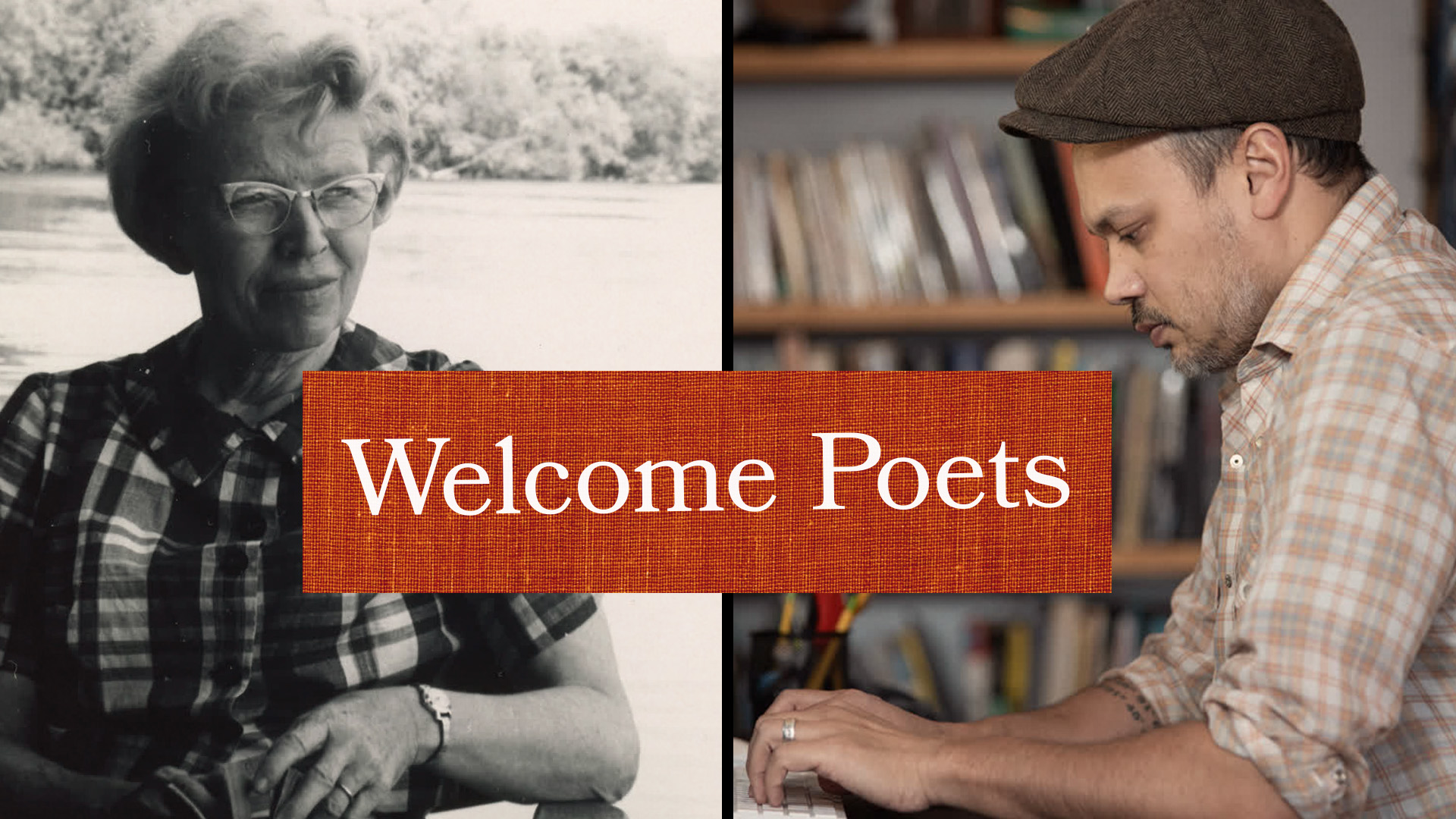
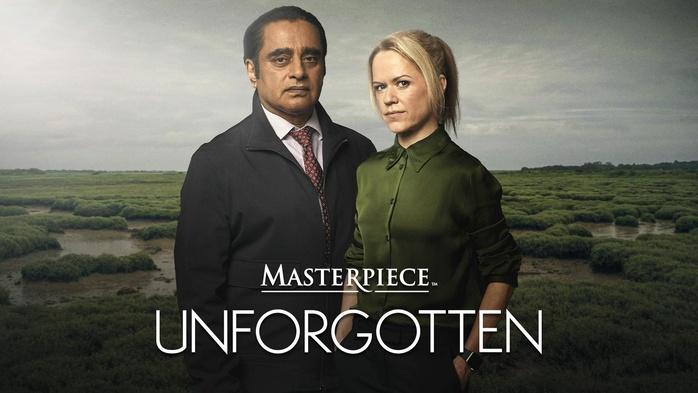

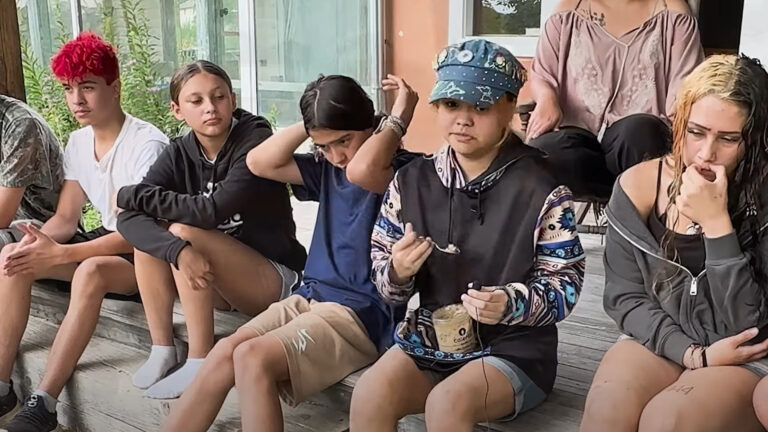
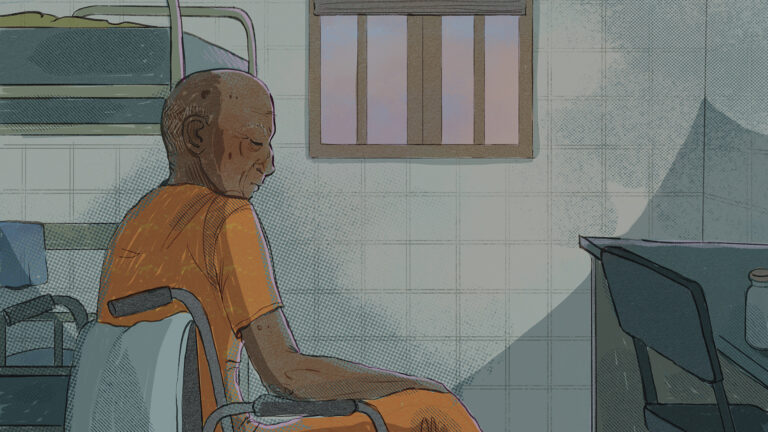
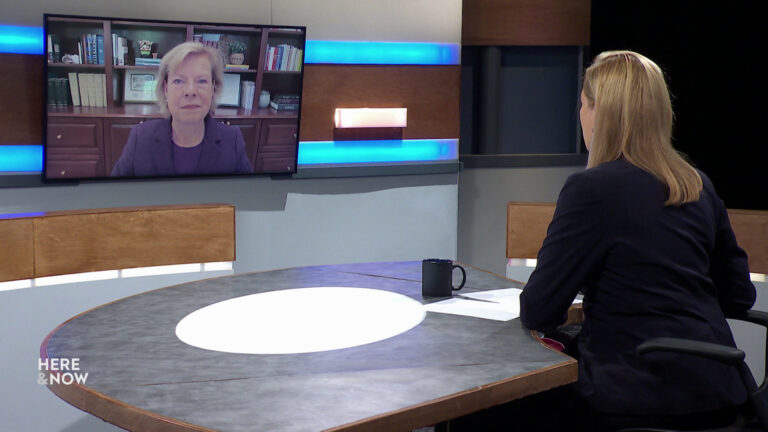
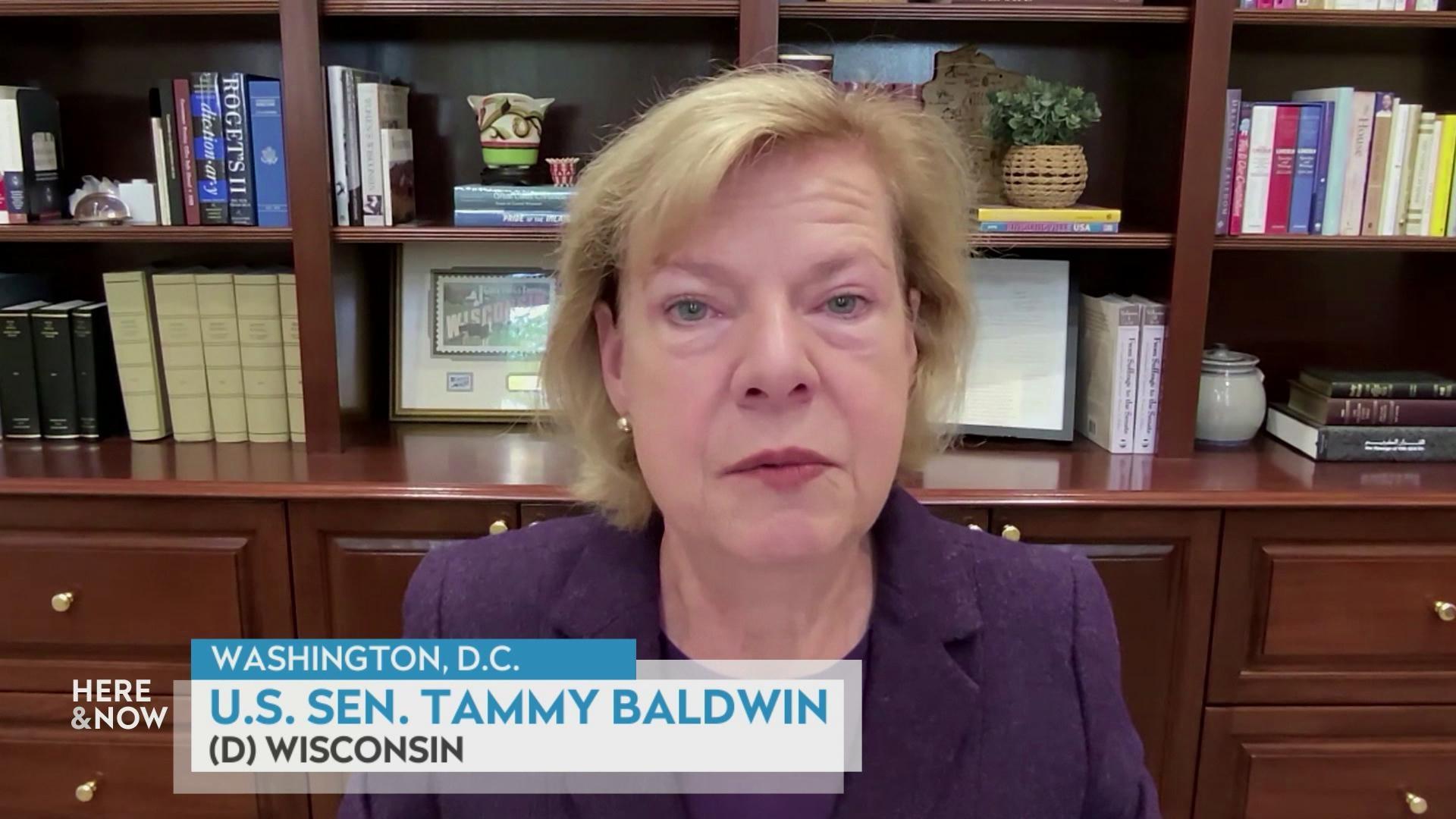
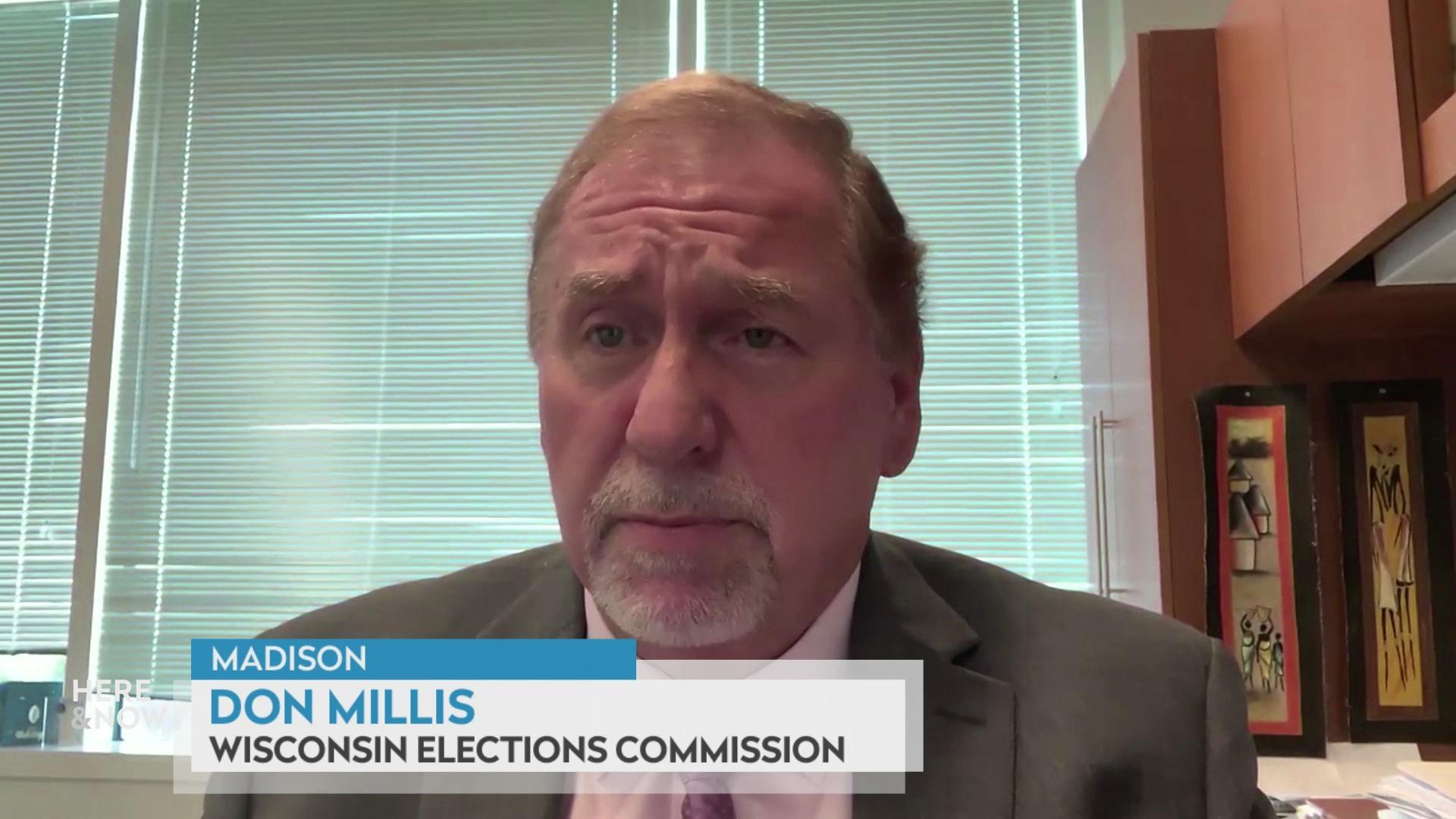
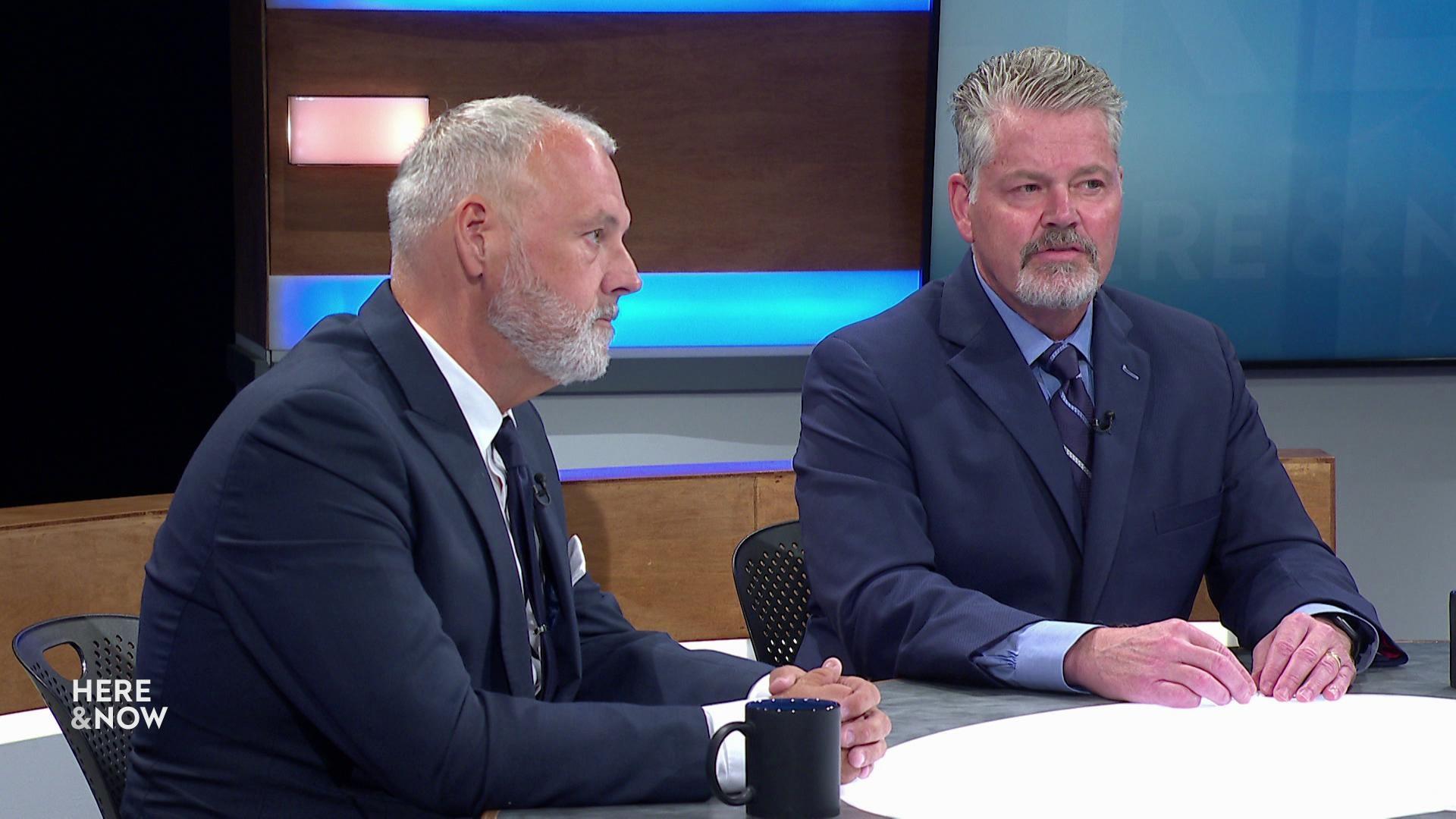
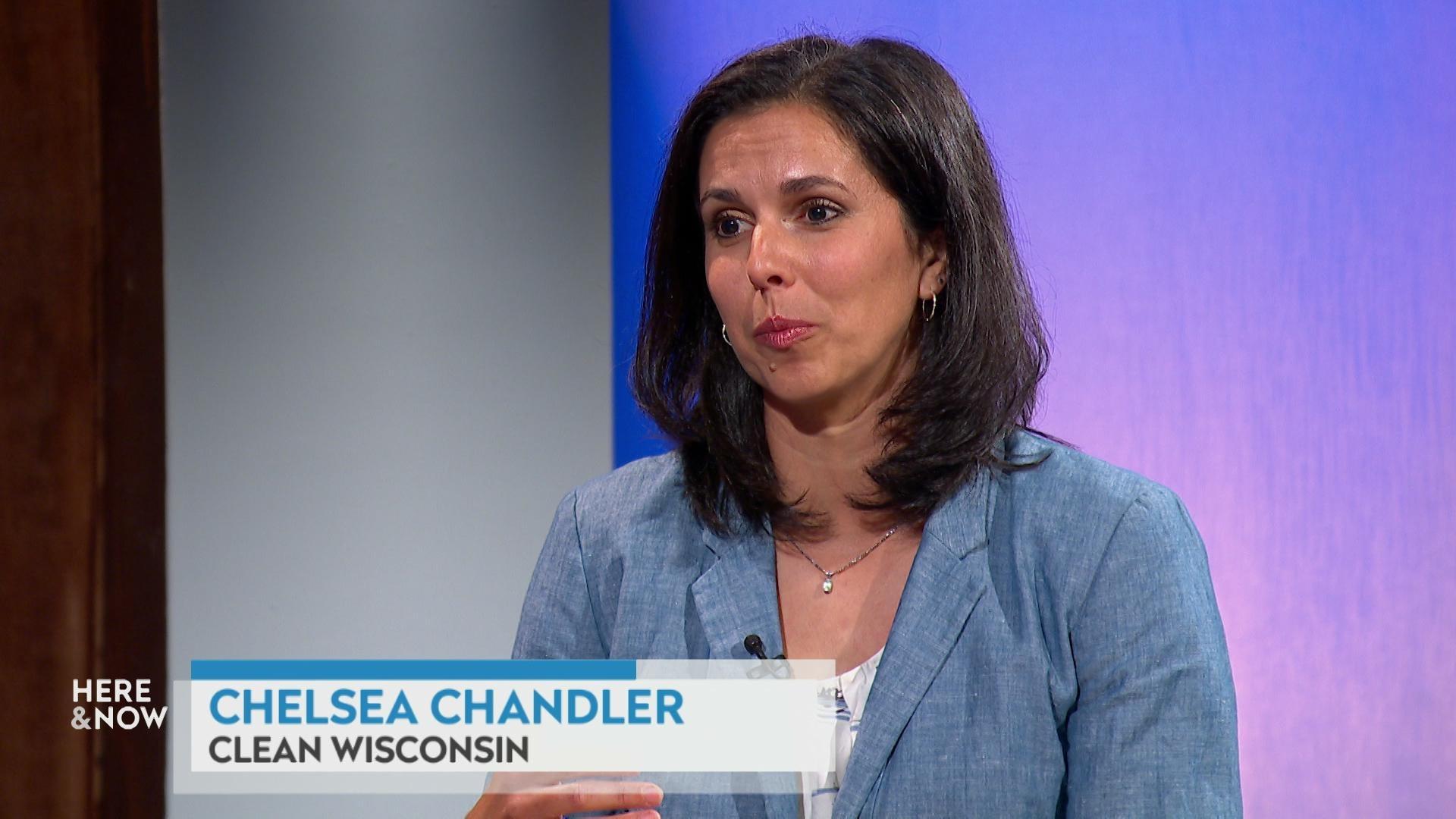
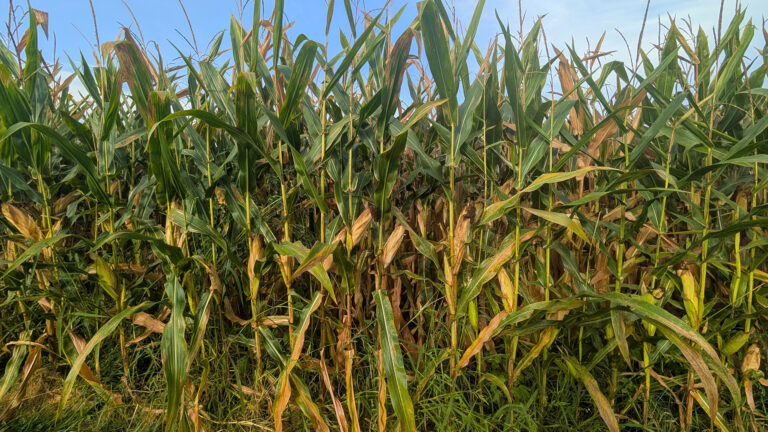
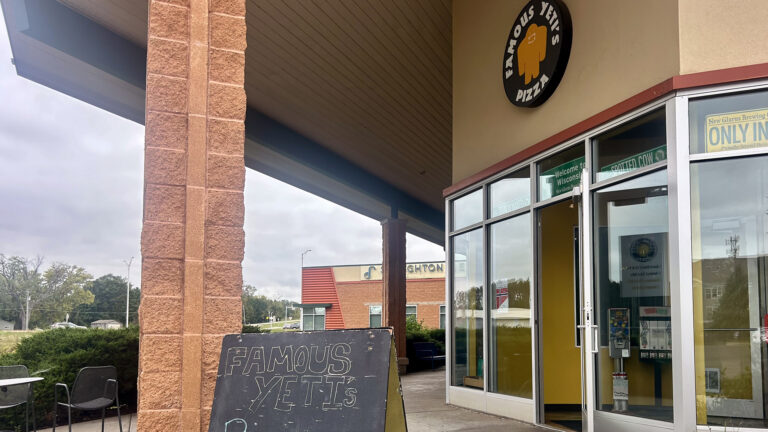
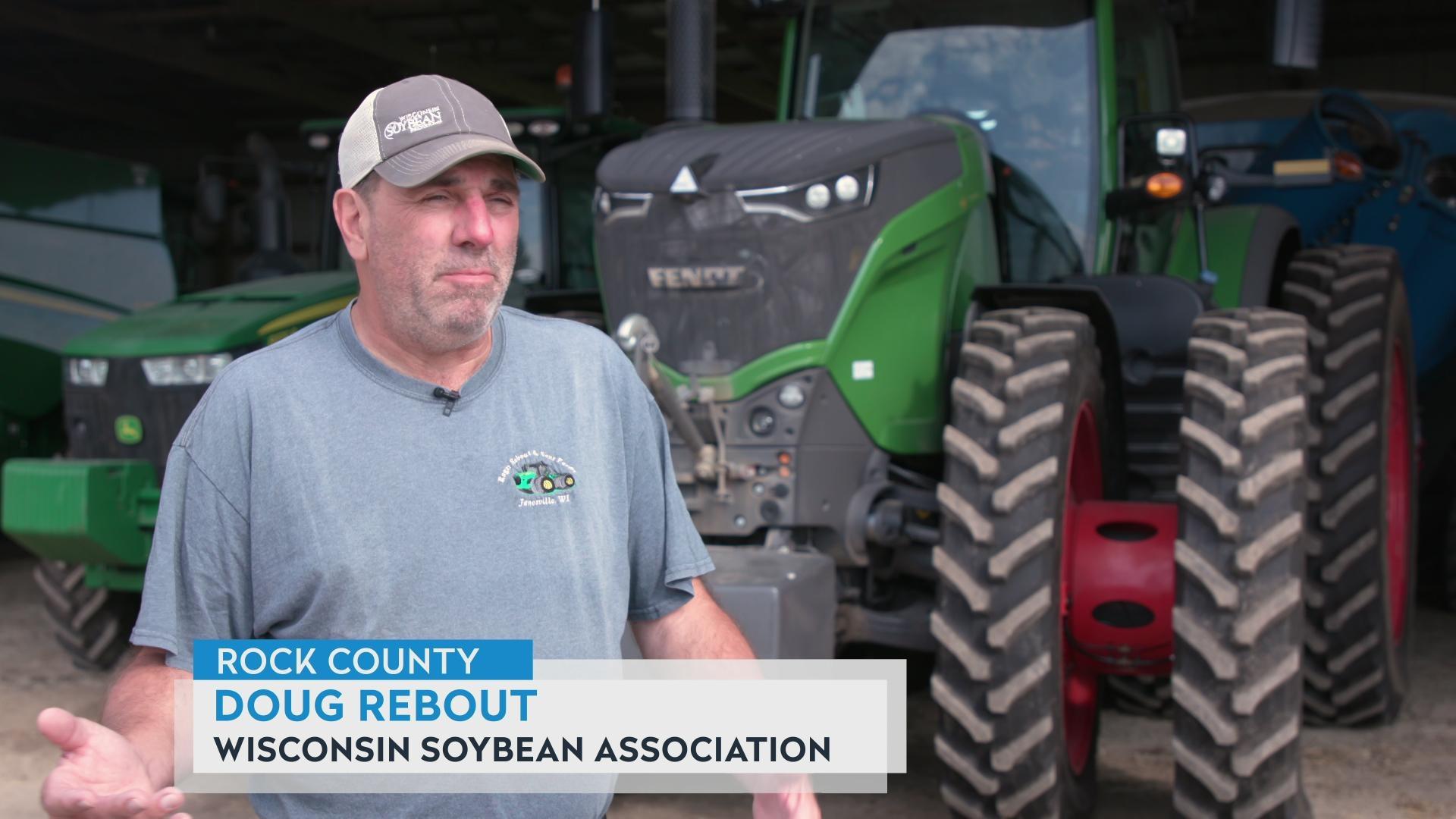
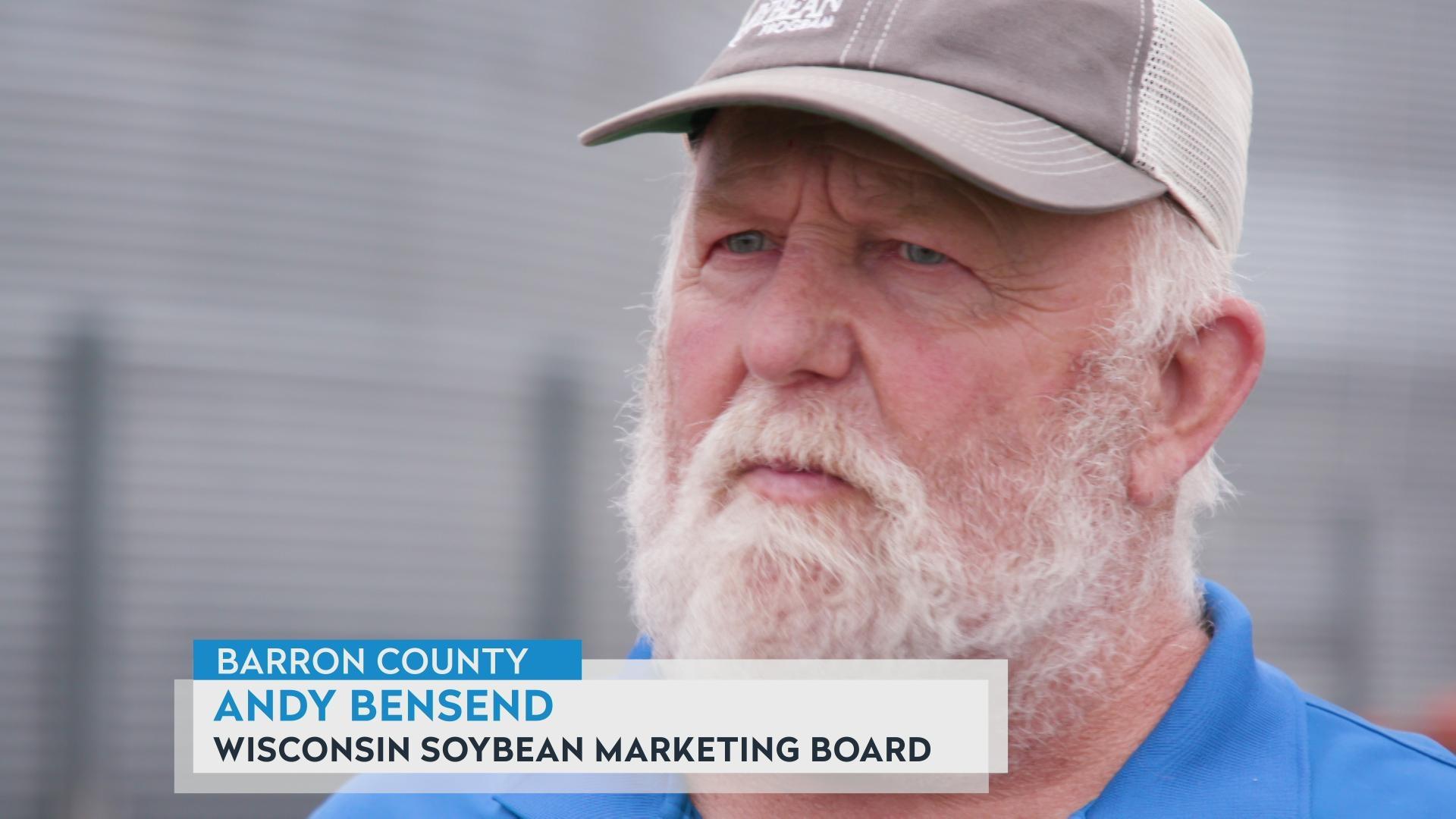
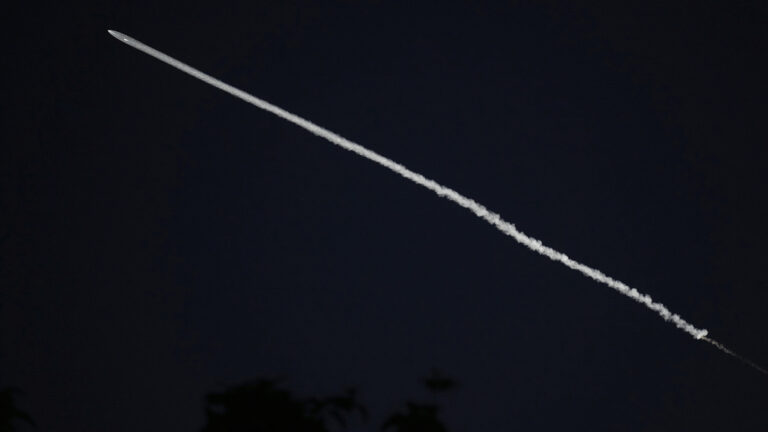

Follow Us